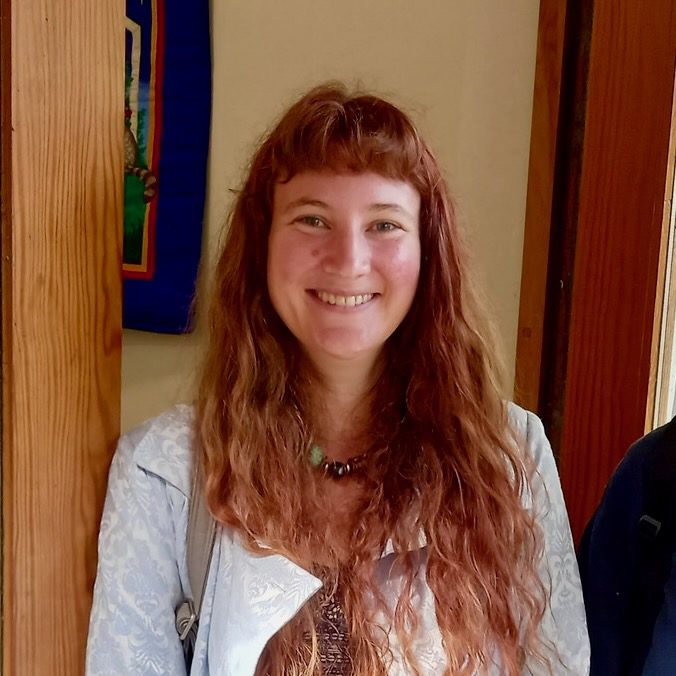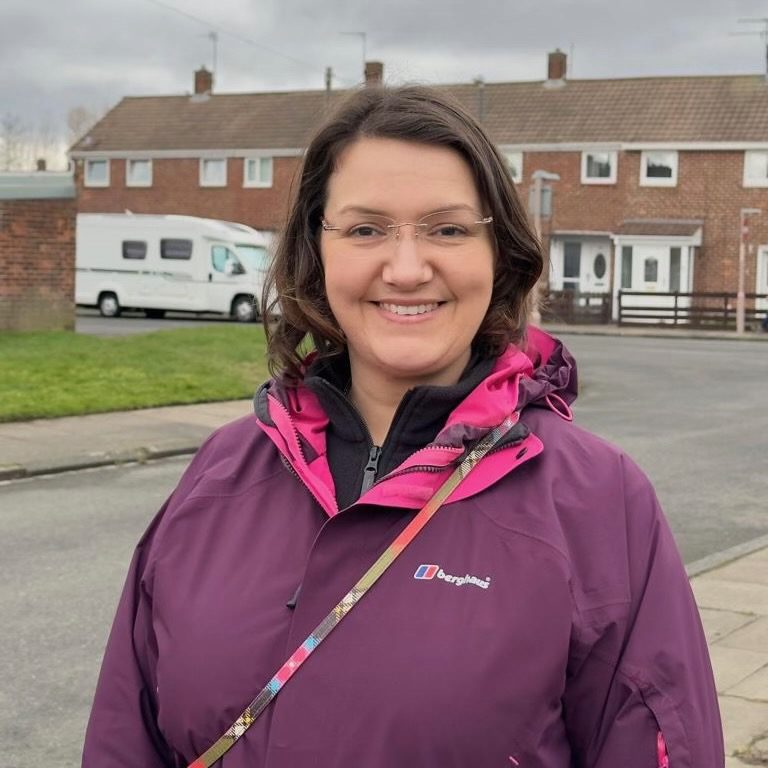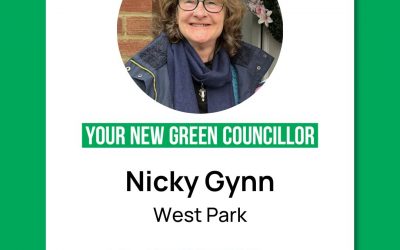South
Tyneside
Green Party
For a Fairer,
Greener,
South
Tyneside
South
Tyneside
Green
Councillors
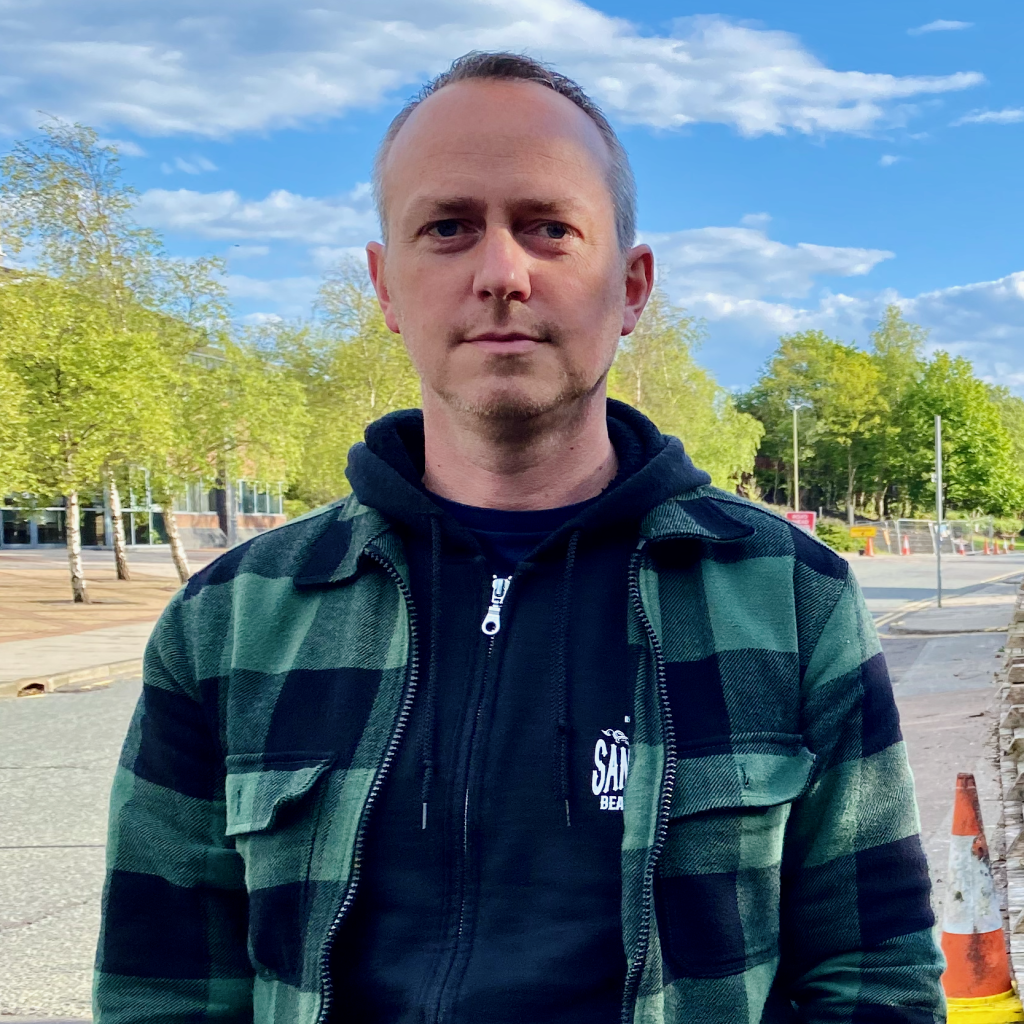
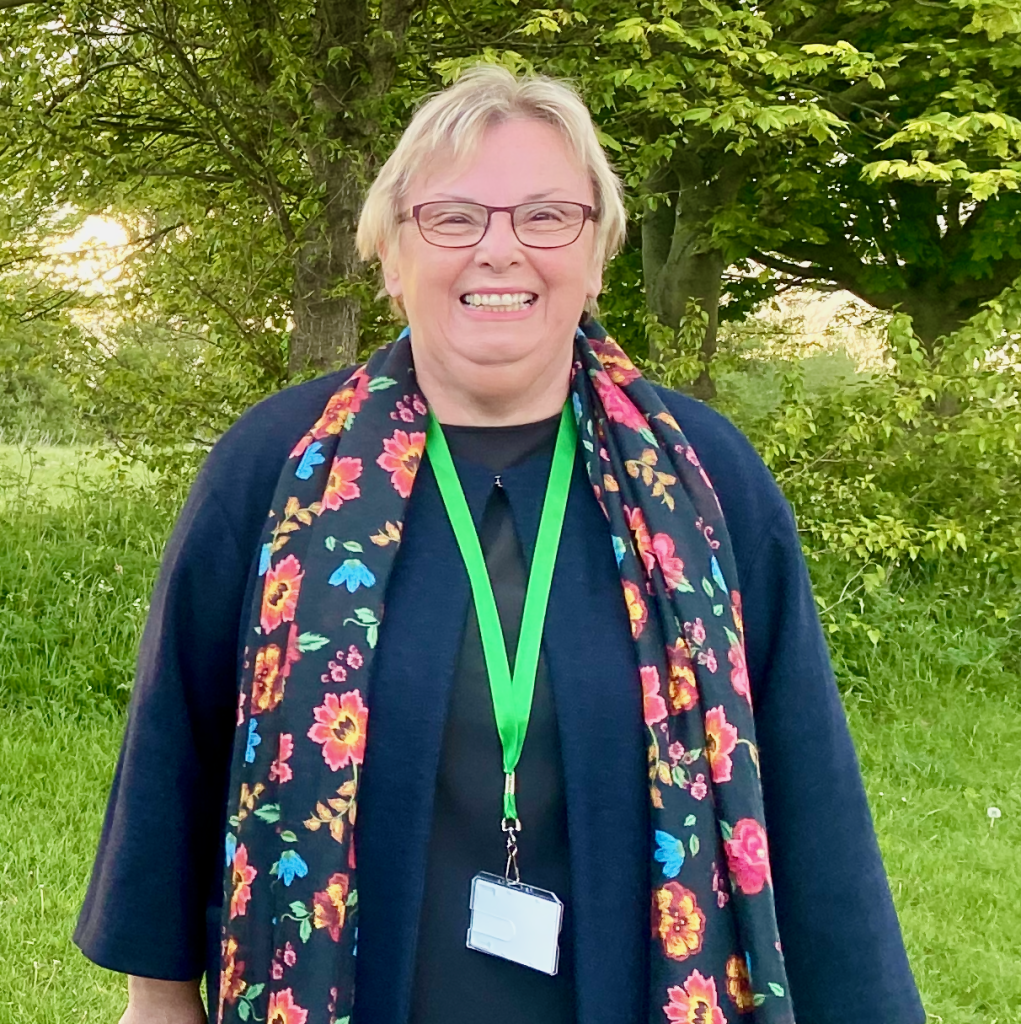




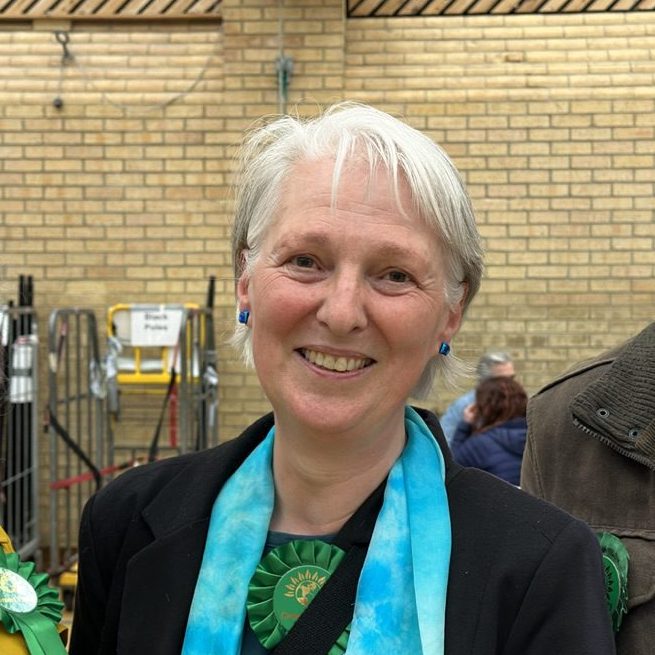
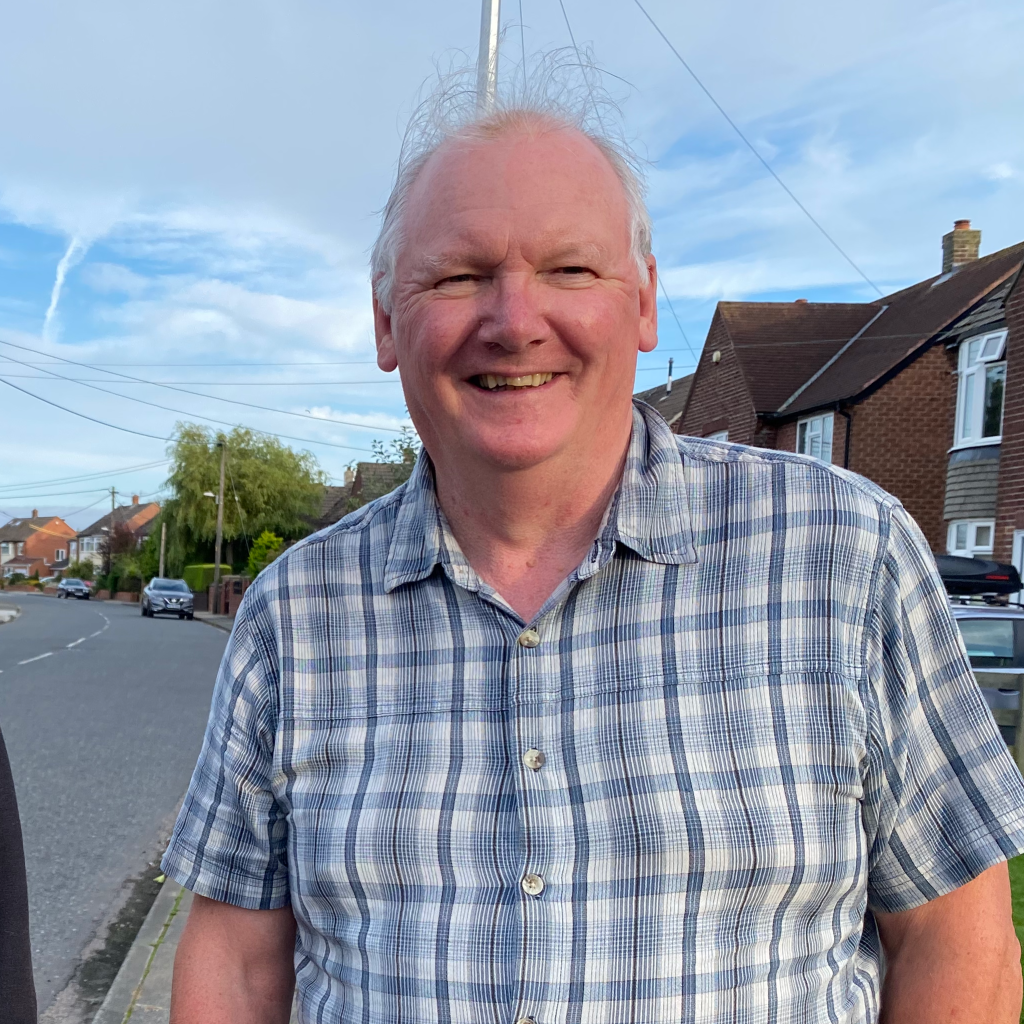

Help us build a better South Tyneside. Get Involved >
Latest
News
South Tyneside Greens call for calm and offer solidarity to our community
Article South Tyneside Greens call for calm and offer solidarity to our community South Tyneside Green Party 2nd August 2024 A Call for Peace and Solidarity in Troubling Times South Tyneside Green Party fully supports the statement put out by our Green Group...
Our statement on Labour’s remarks towards the Bangladeshi Community
South Tyneside Green Party issues a statement on Labour’s remarks towards the Bangladeshi Community.
Cllr Sue Stonehouse is Re-elected to Represent Beacon & Bents.
Cllr Sue Stonehouse is Re-elected to Represent Beacon & Bents on South Tyneside Council.
Rhiannon Curtis is Elected to Represent Cleadon & East Boldon
Rhiannon Curtis is Elected to Represent Cleadon & East Boldon for South Tyneside Council.
Chris Davies is Elected to Represent Biddick & All Saints
Chris Davies is Elected to Represent Biddick & All Saints on South Tyneside Council.
Nicky Gynn is Elected to Represent West Park
Nicky Gynn is Elected to Represent the West Park Ward on South Tyneside Council.
Help us build a better South Tyneside. Get Involved >
Our Values
for South
Tyneside
Protecting and restoring the environment
We’re facing a human-made disaster of global scale, our greatest threat in thousands of years – climate change. We face a climate emergency. Earth’s climate is already changing at unprecedented speed, exemplified by higher temperatures, rising sea levels, ocean acidification and more frequent and severe floods, droughts, and storms. The consequences of the climate emergency already include wars, starvation, disease, desertification and forced migration; not to mention species extinction.
The Green position is clear: We are committed to tackling the climate and ecological crisis, we need to drive change today to secure our tomorrow. We believe we can bring this change whilst improving quality of life in the borough.
The UK should base its future emissions budgets on the principles of science and equity and the aim of keeping global warming below 1.5 C. These principles entail the UK reducing its own emissions to net zero by 2030 and seeking to reduce the emissions embedded in its imports to zero as soon as possible. The urgency of these objectives requires the UK to make overcoming the technological, political and social obstacles a national priority.
The transformation needed for the climate emergency mitigation will provide significant benefits. In the short-term the work needed will provide economic stimulus and satisfying and secure work for many workers. In the longer term there will be substantial improvements in health and wellbeing.
Transport for a healthier tomorrow
The past decades have seen a dramatic rise in the distances generally being travelled and a great shift towards the use of less equitable and unsustainable methods of transport. Thus, while the number of trips has not changed significantly, there has been a decrease in walking, cycling and the use of buses and an increase in trips by car and air. Road freight and air freight have also increased at the expense of rail and water-borne freight.
As the amount of traffic has increased so have the negative consequences. Air and road traffic are major and increasing sources of many of the worst pollutants, including carbon dioxide (CO2), carbon monoxide, carcinogenic particles and noise. These emissions cause massive damage to the natural and built environment and have serious effects on human health.
Many pedestrians and cyclists have been frightened from travelling as a consequence of the rise in motor vehicle use, the increasing weight of road freight and the increasing ability of cars to be driven at high speeds. Meanwhile, thousands of people are being killed and hundreds of thousands injured on the roads every year, of which pedestrians and cyclists make up a disproportionate percentage of the total.
Society has begun to recognise some of the damage caused by these changes in transport patterns, and this has led to some changes in rhetoric from governments in transport policy. However, there has not been any clear vision about how these problems are to be tackled, leading to policies that are contradictory and ineffective. Transport is now seen as one of the public’s major concerns.
Our Aims
- Accessibility rather than mobility.
- Transport to be equitably accessible to all people irrespective of their age, wealth or disability, with local needs given priority over travelling greater distances.
- Where mobility is desired or needed, to satisfy this through sustainable modes of transport.
- Transport and its infrastructure to have the minimum impact on the environment.
- Transport means should make use of sustainable and replaceable resources.
- Degradation of community life by inappropriate transport modes, especially excessive car use, to be reduced and reversed wherever possible.
- Transport should not endanger users or others and, where possible, should play a role in bringing about a more healthy population.
Objectives
- To reduce the total distance travelled by reducing journey lengths, particularly by encouraging the development and retention of local facilities.
- Reduce the number of journeys made by unsustainable modes of transport, particularly by car and aeroplane.
- Encourage a switch to sustainable methods of transport through transport planning based on a hierarchy of modes
- Reduce the environmental impacts of each form of transport.
- Enable integration of different sustainable modes of transport so that these forms of transport are simple and efficient, including convenient interchanges for both passengers and freight.
- Provide training for transport providers and planners to ensure the aims of this policy can be practically achieved. The importance of the detail in design will be emphasised.
- To ensure that public transport works in South Tyneside for everyone. We should not place draconian transport policies on residents that causes further inequality in the borough.
- Place residents and businesses at the heart of transport policy decisions.
Housing that is affordable to own, and heat.
Affordable, secure and comfortable accommodation is a basic human right. Those without accommodation and those forced through lack of choice into inadequate or unaffordable housing may lead diminished lives and can be excluded from playing their full part in society.
The inadequate and inequitable provision of housing in this country today is the result of inequalities in access to resources, particularly land, the inability of the free market to meet diverse housing needs, and a lack of investment in public housing. Government policy has encouraged the treatment of housing as a form of speculative investment, rather than a basic requirement for individual and social well-being.
Much of our housing stock is very inefficient in terms of energy and water usage, making our homes a major source of greenhouse gas emissions which cause the climate emergency. This also causes high levels of fuel poverty, and causes and contributes to physical and mental health problems. Improving the energy efficiency of all homes is a priority.
Our Aims for Housing
- To ensure everyone is provided with housing appropriate to their needs that is affordable, secure and comfortable.
- To minimise the impact of housing on other species and the natural environment.
- To provide housing that is suitable for and affordable by local people as well as the land, infrastructure and facilities for work, social and cultural activities as required by the community.
- To give local communities a stronger voice in local housing policy.
- To break the stranglehold that a small number of large developers have over housing provision.
Equality at the heart of everything we do
All human beings are born free and equal in dignity and rights. The South Tyneside Green Party believes in equality for all and is committed to the elimination of all forms of discrimination on the grounds of ethnicity, gender, sexual orientation, language, religion or other opinion, age, national or social origin, economic status or any other social, physical or mental condition.
South Tyneside Green Party commits to:
- Ensuring that equality and diversity principles are at the forefront of all Council policies.
- Working in partnership with local communities to urge South Tyneside Council to do more to tackle all forms of discrimination.
- Engaging closely with diverse communities across the borough to better understand their needs and involve them fully in local decision-making processes.
- Supporting local events that celebrate the diversity of our borough and empower people and communities.
We have passed local motions within the party to ensure we stay at the forefront of equality. In 2019, we passed a motion to affirming our support for trans and non-binary rights.

